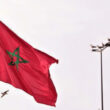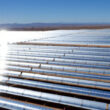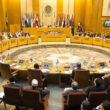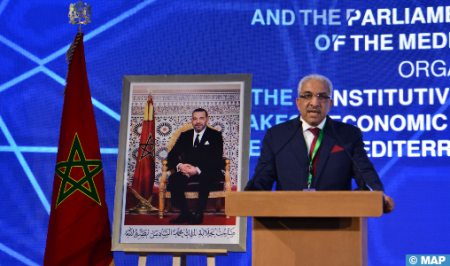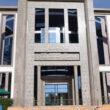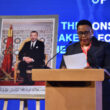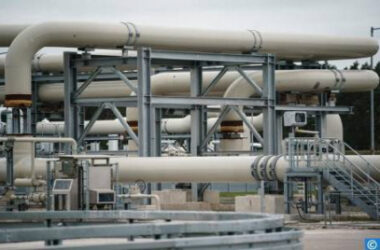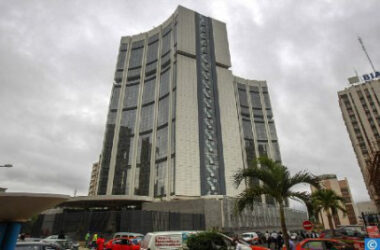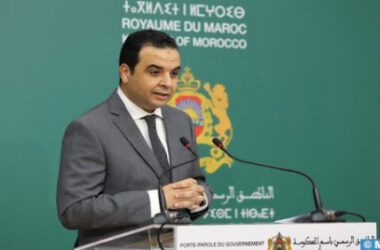In a speech read on his behalf by the lower house’s first deputy speaker Mohamed Sibari, Mr. Talbi El Alami said that this two-day forum, initiated by the House of Councillors and the Parliamentary Assembly of the Mediterranean (PAM), also represents an important site of reflection on the wealth of the two regions which have enormous potential to build an economic and technological integration.
He also explained that these two regions have large markets open to hundreds of millions of consumers in other parts of the world, noting that all these opportunities for integration require a political decision and boldness in economic decisions by the private sector, in addition to the break with the received ideas and respect for the peculiarities and civilizations and cultures of each country.
In this sense, he stressed the importance of transferring technology and skills from the north to the south and the eastern Mediterranean, noting the need to work and advocate in multilateral frameworks to rid the region primarily of the causes and repercussions of wars, conflicts and crises, since development remains dependent on stability and security, social cohesion, inclusion and the fight against all types of insecurity.
The peoples of the region aspire to prospects of common prosperity, he said, noting that the infringement of the sovereignty and territorial integrity of States is a real constraint to investment and economic, political and cultural exchanges.
On the other hand, Talbi El Alami noted that part of the Mediterranean region is located in the African continent, which has enormous potential for development and progress and should be taken into account in all international policies, stressing that this is the continent of the future that deserves economic and climate justice and historical recognition, civilization and human.
“It is inconceivable that the world benefits from industrial and technological progress and international trade, while Africa, which supplies the world with several raw materials essential to industry and technological transformation, remains outside this progress,” he said.
If the birth of the World Trade Organization, in Marrakech in 1994 at the Conference of the General Agreement on Tariffs and Trade (GATT), has resulted in a long series of negotiations in order to achieve global prosperity, “the situation in Africa challenges all components of the global economic system that the world is indebted to this continent,” said the President of the First Chamber, noting that the regions of the Arab Gulf and the Mediterranean Basin are called to integrate the African continent.
In the same vein, he recalled the achievements in Morocco under the enlightened leadership of His Majesty King Mohammed VI, which ensures a great agricultural renaissance ensuring food independence for Moroccans and enhancing the country’s exports, as well as industrial progress in several pioneering sectors, including the automotive, given that the Kingdom, he said, manufactures some 700,000 cars per year, or more than one car every minute.
The Parliamentary Economic Forum for the Euro-Mediterranean and Gulf region, which is attended by parliamentarians from more than 30 countries as well as government officials, public and private sector actors, academics, experts, businessmen and representatives of civil society, is an opportunity to strengthen cooperation between the two geographical areas and to intensify efforts to jointly address common challenges, leading to economic growth and the preservation of peace and security in the region.
The Parliamentary Assembly of the Mediterranean, created in 2005, is an international organization that brings together 34 member parliaments from the Euro-Mediterranean and Gulf regions. Its main objective is to forge political, economic and social cooperation among member states in order to find common solutions to the challenges facing the region and to create an area of peace and prosperity for its peoples.


